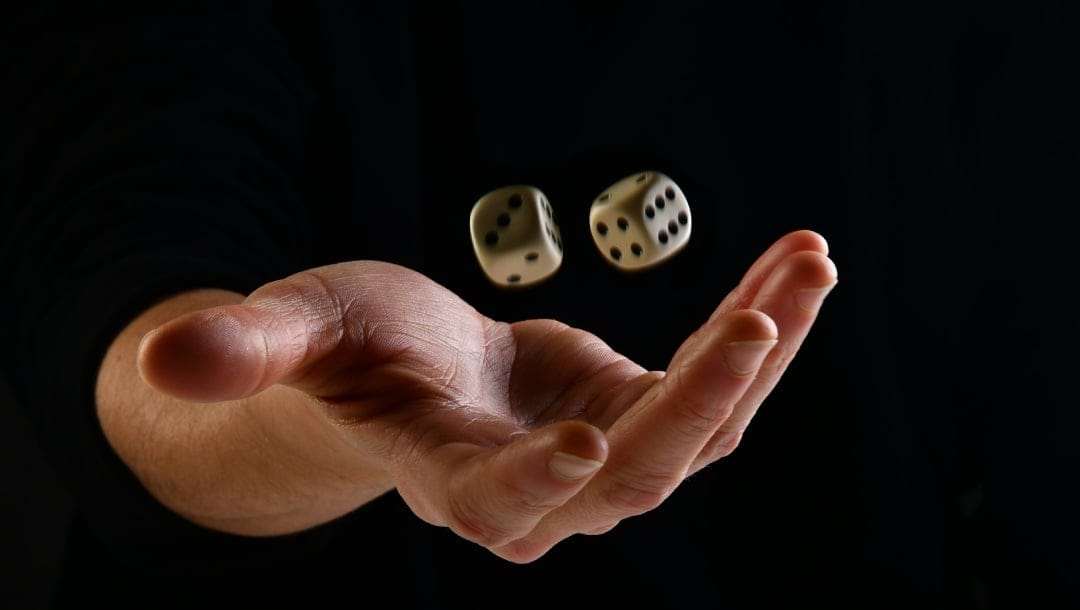
Luck has always played a central role in people's lives, and this inexplicable force often shapes our decisions. Although everyone knows what luck means, few can put into words the exact meaning of this abstract concept. The psychology of luck is a field that tries to understand how luck affects how people think and behave. In this article, we'll take a closer look at the psychological aspects of luck and give you some tips to help you make better decisions in things like gambling. In this way, you have a higher chance of being successful on the online interface of the best Hungarian casinos, but of course you can also use your knowledge later in many other areas of life. Keep scrolling for important information!
The concept of luck plays a significant role in gambling, influencing players' decisions and emotions. Understanding the psychology behind luck can help players manage their expectations and behavior at the casino. Additionally, the importance of well-crafted content in the gambling industry cannot be overstated. Clear, engaging text is crucial for informing and guiding players, helping them make better decisions. To explore why text is a vital part of casino and gambling content, check out this article - https://dintekstforfatter.no/hvorfor-er-tekst-en-viktig-del-av-innholdet-om-kasinoer-og-pengespill/. Combining a psychological understanding of luck with well-informed decisions can enhance your gambling experience.
What is luck?
Luck is a concept that does not have a single precise definition. How we define it depends on philosophical, religious, mystical and individual considerations. Most dictionaries define luck as an unpredictable and uncontrollable force that shapes the outcome of events for individuals or groups, but of course there are many other definitions. Moreover, the meaning of luck can vary from society to society and culture to culture. Religion, beliefs and traditions can all influence how we interpret and experience this phenomenon.
The power of faith
The self-fulfilling prophecy is a psychological phenomenon that is also strongly related to luck. If someone believes in luck, it can affect their behavior and the outcome of things. For example, if a person feels that they are lucky, they may be more inclined to take risks in an online casino or something else, thus giving more chances for positive outcomes.
If, on the other hand, someone feels that they cannot be lucky, then they will probably prefer to avoid risky situations. Personal beliefs can significantly influence our decisions and, through this, the development of our lives.
Superstitions and rituals
There are countless superstitions and rituals associated with luck among mankind. Their origins may differ in different cultures. For example, in many parts of the world - including Hungary - the black cat is believed by many to bring bad luck, but we also avoid certain numbers, such as thirteen. These habits can also influence people's behavior.
If someone adheres to a superstition or ritual, it serves as a source of peace and can increase self-confidence, which can have a positive effect on your decisions. Such superstitions can also be found in online gambling, such as pre-game rituals or choosing lucky numbers. However, it is important not to let these habits take too much control over logical decisions.
Good luck in the game
In the world of gambling and betting, luck plays an extremely important role. This is why many people like these games: the experience of randomness makes them much more exciting. Based on psychological studies, it is also clear that people like to take risks, but it is also important to always be aware of the realistic chances of winning and not to risk too much during the game.
The effect of luck on health
Luck can not only influence the outcome of things, but it can also have an extremely beneficial effect on our health. The positive attitude and optimism created by the belief in luck can increase overall happiness and satisfaction, which can lead to a much healthier lifestyle. That's why it's always worth starting with a positive approach, whether it's gambling, a job interview or anything else.
Cognitive biases
As we've seen, luck can have many positive benefits, but it's time to talk about its downsides. Cognitive biases related to luck, such as the illusion of control or the gambler's fallacy, mask errors in thinking or reasoning that can lead to irrational decisions. Many people tend to overestimate how much influence they have on the outcome of things and make these mistakes. After a while, this can lead to excessive risk-taking, which can lead to significant losses in gambling. To learn more about the casino games loved by celebrities, check out this article- https://avidasecreta.com/wp-content/pgs/?5-casino-games-loved-by-celebrities.html. By combining psychological insights with an understanding of celebrity preferences, you can enrich your own gaming experience.
Strategies to balance your luck
To achieve balanced luck, we recommend that you recognize the importance of conscious decision-making in the game and in life, in addition to beliefs. Always keep a positive attitude, but don't let superstitions control your decisions. Remember, success requires you to recognize realistic opportunities and use them wisely.

